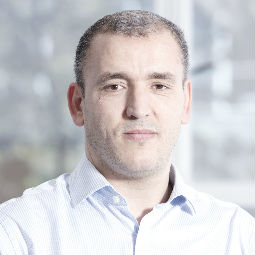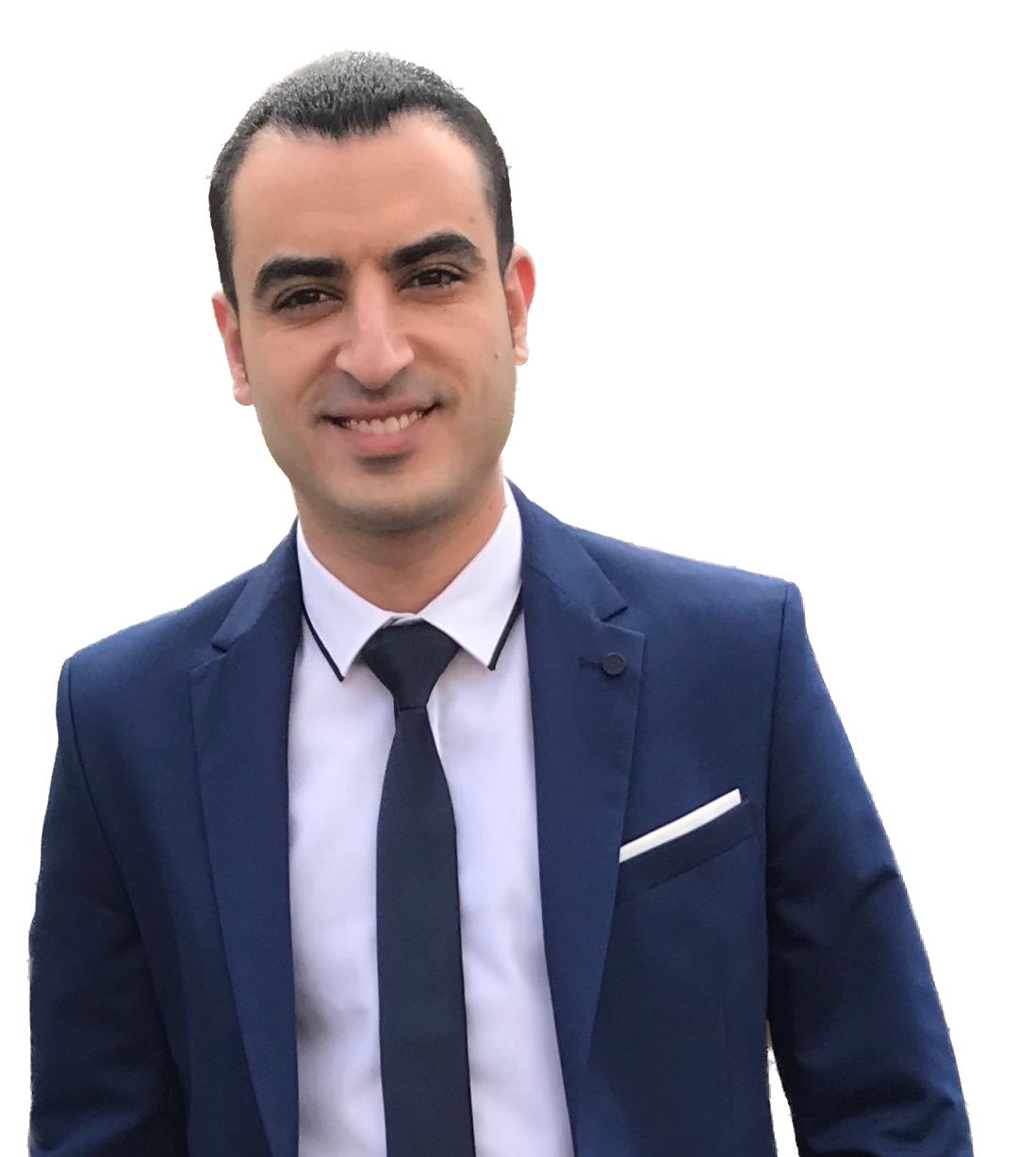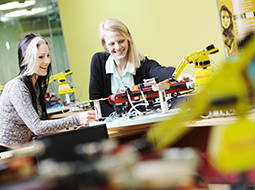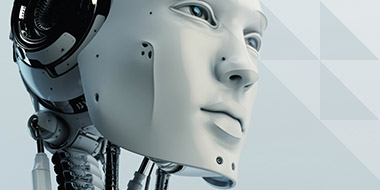-
Study
-
Quick Links
- Open Days & Events
- Real-World Learning
- Unlock Your Potential
- Tuition Fees, Funding & Scholarships
- Real World Learning
-
Undergraduate
- Application Guides
- UCAS Exhibitions
- Extended Degrees
- School & College Outreach
- Information for Parents
-
Postgraduate
- Application Guide
- Postgraduate Research Degrees
- Flexible Learning
- Change Direction
- Register your Interest
-
Student Life
- Students' Union
- The Hub - Student Blog
- Accommodation
- Northumbria Sport
- Support for Students
-
Learning Experience
- Real-World Learning
- Research-enriched learning
- Graduate Futures
- The Business Clinic
- Study Abroad
-
-
International
International
Northumbria’s global footprint touches every continent across the world, through our global partnerships across 17 institutions in 10 countries, to our 277,000 strong alumni community and 150 recruitment partners – we prepare our students for the challenges of tomorrow. Discover more about how to join Northumbria’s global family or our partnerships.
View our Global Footprint-
Quick Links
- Course Search
- Undergraduate Study
- Postgraduate Study
- Information for Parents
- London Campus
- Northumbria Pathway
- Cost of Living
- Sign up for Information
-
International Students
- Information for International Students
- Northumbria and your Country
- International Events
- Application Guide
- Entry Requirements and Education Country Agents
- Global Offices and Regional Teams
- English Requirements
- English Language Centre
- International student support
- Cost of Living
-
International Fees and Funding
- International Undergraduate Fees
- International Undergraduate Funding
- International Masters Fees
- International Masters Funding
- International Postgraduate Research Fees
- International Postgraduate Research Funding
- Useful Financial Information
-
International Partners
- Agent and Representatives Network
- Global Partnerships
- Global Community
-
International Mobility
- Study Abroad
- Information for Incoming Exchange Students
-
-
Business
Business
The world is changing faster than ever before. The future is there to be won by organisations who find ways to turn today's possibilities into tomorrows competitive edge. In a connected world, collaboration can be the key to success.
More on our Business Services-
Business Quick Links
- Contact Us
- Business Events
- Research and Consultancy
- Education and Training
- Workforce Development Courses
- Join our mailing list
-
Education and Training
- Higher and Degree Apprenticeships
- Continuing Professional Development
- Apprenticeship Fees & Funding
- Apprenticeship FAQs
- How to Develop an Apprentice
- Apprenticeship Vacancies
- Enquire Now
-
Research and Consultancy
- Space
- Energy
- AI Futures
- CHASE: Centre for Health and Social Equity
- NESST
-
-
Research
Research
Northumbria is a research-rich, business-focused, professional university with a global reputation for academic quality. We conduct ground-breaking research that is responsive to the science & technology, health & well being, economic and social and arts & cultural needs for the communities
Discover more about our Research-
Quick Links
- Research Peaks of Excellence
- Academic Departments
- Research Staff
- Postgraduate Research Studentships
- Research Events
-
Research at Northumbria
- Interdisciplinary Research Themes
- Research Impact
- REF
- Partners and Collaborators
-
Support for Researchers
- Research and Innovation Services Staff
- Researcher Development and Training
- Ethics, Integrity, and Trusted Research
- University Library
- Vice Chancellors Fellows
-
Research Degrees
- Postgraduate Research Overview
- Doctoral Training Partnerships and Centres
- Academic Departments
-
Research Culture
- Research Culture
- Research Culture Action Plan
- Concordats and Commitments
-
-
About Us
-
About Northumbria
- Our Strategy
- Our Staff
- Our Schools
- Place and Partnerships
- Leadership & Governance
- University Services
- Northumbria History
- Contact us
- Online Shop
-
-
Alumni
Alumni
Northumbria University is renowned for the calibre of its business-ready graduates. Our alumni network has over 253,000 graduates based in 178 countries worldwide in a range of sectors, our alumni are making a real impact on the world.
Our Alumni - Work For Us
The Group has core research strength in mathematical foundation of AI and Data Science and its applications. This ranges from better understanding of AI, to advancing the state-of-the-art in deep learning and statistical data science, and tackling real-world problems in science, industry and society. The Group’s work tends to be cross-disciplinary, collaborating with domain experts within and outside the university.
Artificial Intelligence has significantly driven the growth of ICT research and application in modern society. The Data Science & AI group focuses on both theoretical and applied artificial intelligence research in a wide range of real-world applications.
The group has increasingly strengthened the core research on mathematical foundation of machine learning and artificial intelligence computing algorithms and its applications to computer vision, computer graphics, visual activity and motion recognition, and natural language processing and understanding. In addition, there is contemporary strong research on evolutionary computation and fuzzy systems and their applications in facial emotion recognition and video processing.
The Data Science & AI (DSAI) group continues to provide fundamental research on multiagent systems, audio computation and complex networks. The group is actively involved in tackling United Nations sustainable developments including digital health screening technology and precision agriculture. There is synergy on natural computing and computing vision research applied to solving various UK and worldwide industrial challenges including wearable sensing devices, anomaly detection and predictive maintenance, and autonomous vehicles. The Data Science & AI group played a key role in developing impactful knowledge transfer partnerships with regional companies through integrating computer vision and natural computing into company’s existing technologies. Our research is regularly supported by EPSRC, Royal Society, Innovate UK and other industrial collaborations.
This research group forms part of the Department of Computer and Information Sciences.
 |
Group Member: Prof. Longzhi Yang |
 |
Group Member: Dr Fouad KhelifiResearch interests: |
 |
Group Member: Dr Yilun ShangResearch interests: |
 |
Group Member: Dr Honglei LiResearch interests: |
 |
Group Member: Dr Hua MaoResearch interests: Artificial Intelligence, Deep learning, Formal methods, Graph representation learning, Explainable AI, Multiview clustering. |
 |
Group Member: Dr Farah AhmedResearch interests: |
 |
Group Member: Research interests: |
 |
Group Member: Dr Yulei LiResearch interests: Large Language Models, Machine Learning/Deep Learning, Artificial Intelligence, Digitalisation/Digital Transformation, Information System |
 |
Group Member: Dan HodgsonResearch interests: |
 |
Group Member: Research interests: |
 |
Group Member: Research interests: AI for Sensors and information processing, AI for wellness, AI for Acoustics, AI for Computer Vision. |
Coming soon ...
Research from this group was submitted to REF2021 under UoA 11: Computer Science and Informatics.
To view research papers emanating from this group, please click here to view Northumbria Research Link, our open access repository of research output from Northumbria University.
More details coming soon..
We lead an STFC Centre for Doctoral Training in Data Intensive Science, called NUdata, which is a collaboration between Northumbria and Newcastle Universities, STFC, and a portfolio of over 40 industrial partners, including SMEs, large/multinational companies, Government and not-for profit organisations, and international humanitarian organisations.
The Centre for Doctoral Training will train a new generation of PhD students with the skills required to address the data challenges presented by the STFC core-science programme, as well as applying those skills to different sectors of the broader economy. This will be done in an environment that is inclusive and values contributions to Equality, Diversity and Inclusion at all levels.
You can find out details of the Centre for Doctoral Training at https://research.northumbria.ac.uk/nudata/ including details of our 40+ industry partners.
Get an insight into life at Northumbria with videos and 360 panoramas of the Department of Computer and Information Sciences.
Computer and Information Sciences at Northumbria University encompasses all of our work in computer science, games, animation and digital visual effects, computer forensics and security, network technology, website development, library management and information sciences.
Computer and Information Sciences students learn from the best – inspirational academic staff with a genuine passion for their subject. Our courses are at the forefront of current knowledge and practice and are shaped by world-leading and internationally excellent research.
Looking to study in with us in September? Our Undergraduate Open Day Events are the perfect opportunity for you to find out as much as you can about our wide range of courses and world-class facilities.
Latest News and Features

Northumbria University launches national AI challenge inviting young people to imagine a hopeful future
Northumbria University has launched the Hopeful Futures AI Challenge, a groundbreaking national…
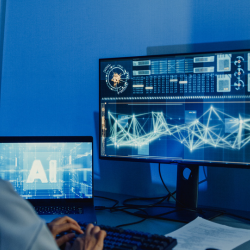
The AI Education Revolution: Why Good Intentions Aren't Enough
Picture this: You're a teacher trying to navigate the brave new world of AI in education.
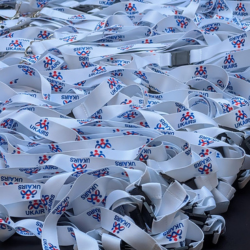
Northumbria University hosts landmark UK AI Research Symposium
Northumbria University has been selected to host the inaugural UK AI Research Symposium (UKAIRS)…

Northumbria expands results day support for students
Northumbria University is expanding and enhancing the support it provides to students receiving…

Northumbria to roll out new AI platform for staff and students
Northumbria University is to provide its students and staff with access to Claude for Education…

Northumbria wins recognition for expanding access to higher education
Northumbria University has been named Higher Education Institution of the Year at a prestigious…


